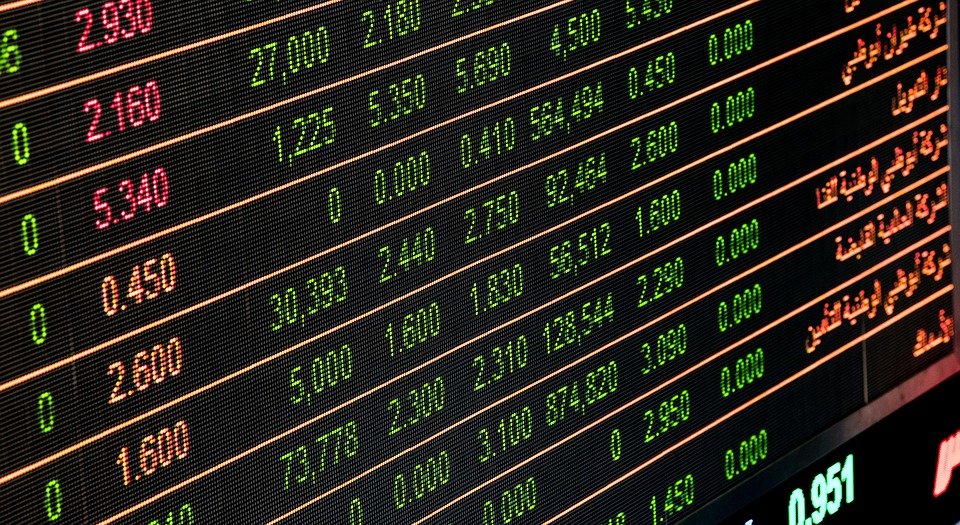“Why is the FTSE 100 a trending topic?” is one of the most frequently asked questions regarding world indices, and we are about to reveal all you need to know on this topic. This prestigious organisation was created in 1984 as a joint entity between the Financial Times and the London Stock Market. Today, it stands as a subsidiary of the London Stock Exchange and is one of the most followed indexes globally. The fact that it is made up of various companies worldwide makes it a clear reflection of the economic situation at a given period in time. For financial experts, it is one of the most reliable indices and has acted as a useful replacement for the FTSE 30 which is now considered as obsolete. Let’s dive right into it.
FTSE 100 Basic Knowledge
If like many people, the only question that comes to your mind when you hear about or read FTSE 100 somewhere is; “whats the FTSE 100” for crying out loud? Then this is the answer you’ve been looking for. Financial Time Stock Exchange 100 sounds like a term only “the big guys” in the financial sector use, but you couldn’t be any farther from the truth. Commonly known as «footsie», FTSE 100 is a serious abbreviation meant to represent the top-100 wealthiest companies according to the London Stock Exchange and their internal statistical data.
The point here is that LSE collects the most up-to-date information regarding the market value and capitalisation of the companies from the highest league. Market capitalisation, for that matter, is a value composed by multiplying the current share price of a company by its issued shares. This number is then multiplied by the company’s free-float factor. The final number indicates a company’s true market value and determines whether it is fit to be listed in the FTSE 100.
All these terms might be a bit confusing, but worry not, they are very easy to understand. The current share price of a company for instance refers to the price value of the shares available in a given company. Whereas, the issued shares or shares in issue are the number of shares sold and held by various investors.
Although it may look like just any company can be listed in the FTSE 100, it is not as simple as it sounds. There are some eligibility criteria that must be taken into consideration before including a company in the index. For starters, any company interested in being listed in this prestigious index must make sure it is a public limited company included in the top 100 companies on the London Stock Exchange. Once this criterion is met, the next step should be that this company meets the minimum index liquidity requirement.
It doesn’t end there! No company has a specific spot on this list. Due to the fact that the market is in constant fluctuation, the FTSE 100 is recalculated every quarter, and companies can either be moved upwards in the list or relegated. Determining a company’s position in the list is called weighting. Weighting is done by evaluating a company’s free-float adjusted market capitalisation. The greater the value, the bigger the company’s weighting in the list.
Why Should You Keep FTSE 100 On Your Radar?
Now, the real interest will be to know how the footsie is important to you. For starters, the index gives you an overall idea of the economic situation in the world. This is because the FTSE 100 is made up of both international and domestic companies. Some top companies in the FTSE 100 are; Vodafone Group, Royal Mail, Aviva, and HSBC Holdings. A rise in the index point might be an indicator of the confidence investors have in the economical health and so are ready to invest or reinvest. On the other hand, a fall in these points shows less confidence in the economic situation.
This explains why most economists and investors follow the FTSE 100 closely. Another huge benefit of keeping a track record of this index is that, if you’re planning on investing, a keen study of the footsie tells you when and how to invest. The information it provides is verified by specialists and so is very reliable. This gives you an idea of whether to acquire active funds or passive funds.
Another interesting thing you should know about the footsie is its trading aspect. Although FTSE can not be traded on its own, you can use different methods to speculate on its rise or fall. When it comes to footsie, one of the most popular methods used is trading by CFDs. CFDs or Contracts For Difference are tradable products that are influenced by the global financial market.
There’s more! If you’re a pension holder in the UK, it is most likely that your pension will be invested in the UK shares available on the different indices. So, a rise or fall in these indices will have an impact on your investment just as though you owned defined stocks and shares.
As a Final Note
The FTSE 100 may not be an interesting topic for most people, nevertheless, knowing how it works places you a step ahead of many people. FTSE 100 is one of the most reliable indexes in the financial sector and studying its rise and fall serves as a gauge for how economical and political events have an impact on the world’s financial health.
